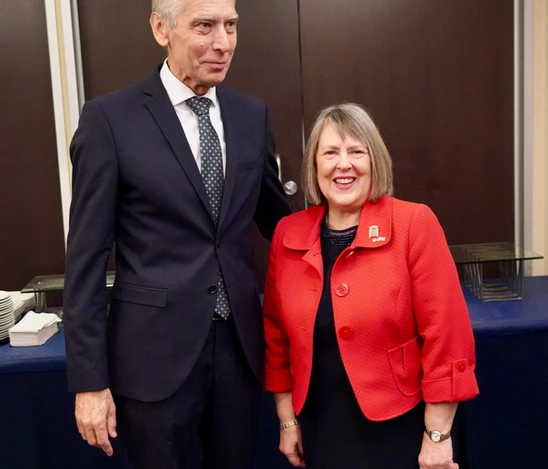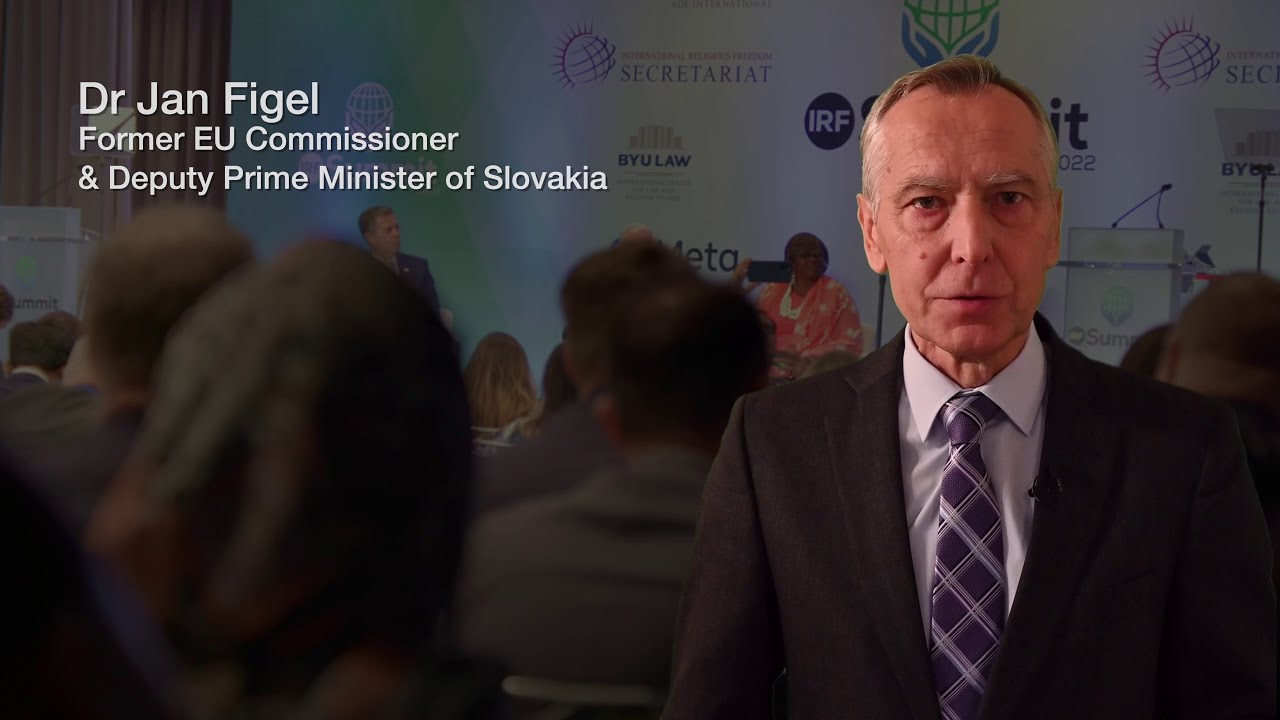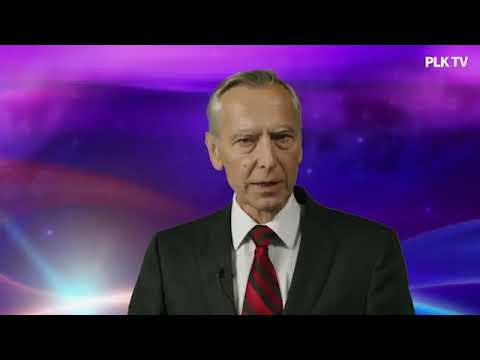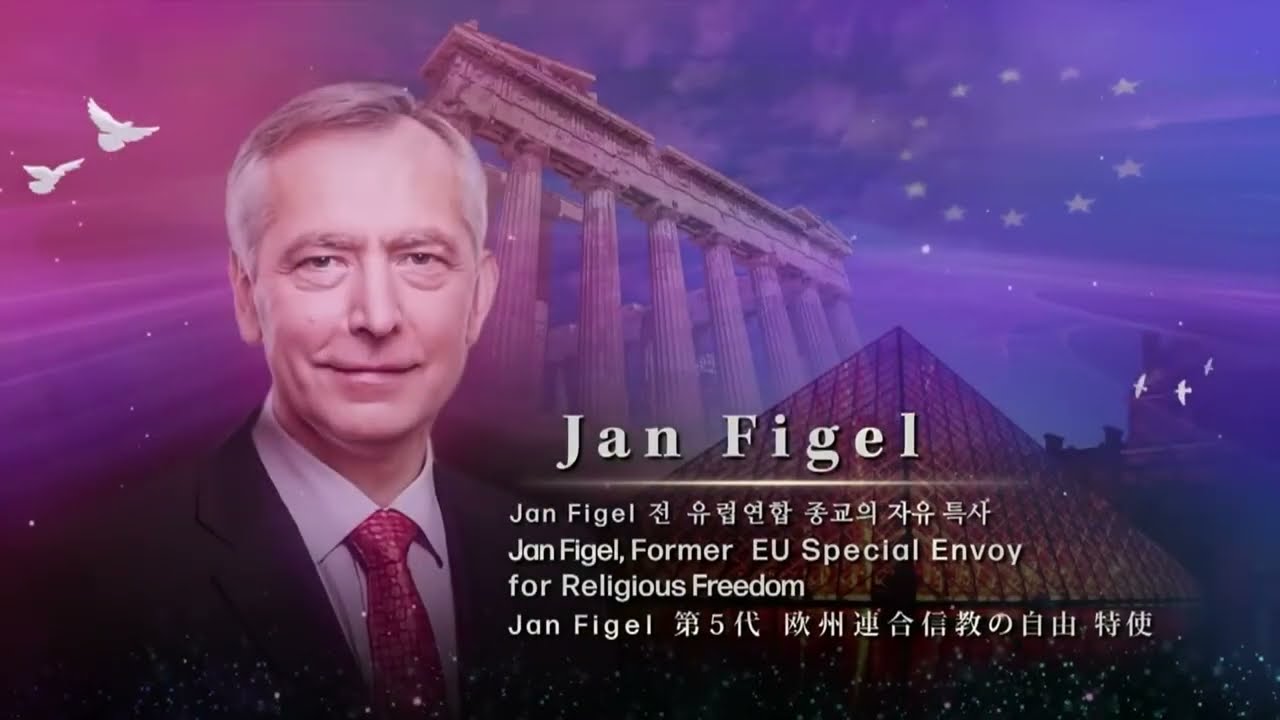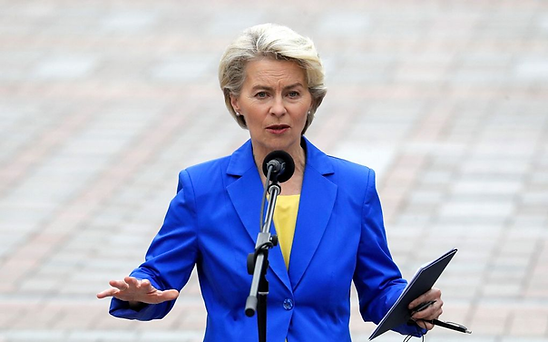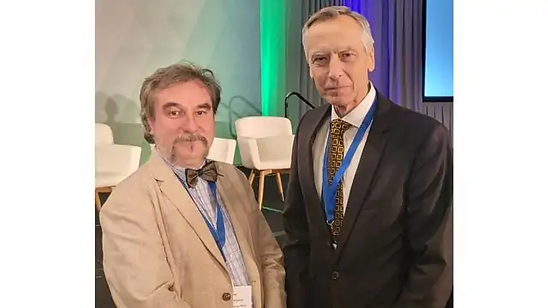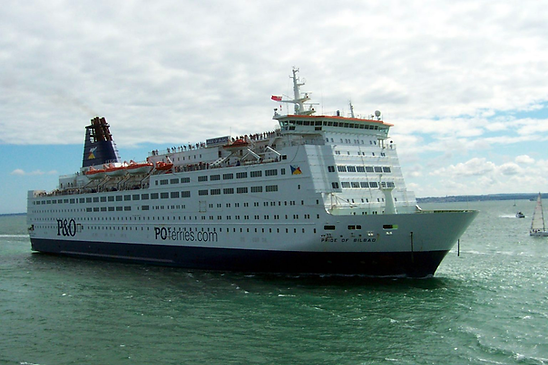Category: English
-
Rights advocate Figel’ says ‘human dignity’ at root of freedoms
Says he is ‘determined,’ not optimistic or pessimistic in campaign Ján Figeľ lives between two epochs: the first, in which communist forces in what was then Czechoslovakia killed the uncle for whom he is named, and the second, in which Mr. Figel’ carried on the struggle for religious freedom as a European Union envoy. That
-
FoRB is an Issue of Life and Death – Assassination of Former PM Abe in Japan
Presentation of Jan Figel at the UNHRC Geneva on January 31, 2023. The Global Human Rights Institution starts its Universal Periodic Review of commitments and their implementation in Japan.
-
Ján Figeľ’s Speech for the Rally of Hope organized by the Universal Peace Federation
Former European Commission’s Special Envoy for the 𝗽𝗿𝗼𝗺𝗼𝘁𝗶𝗼𝗻 𝗼𝗳 𝗳𝗿𝗲𝗲𝗱𝗼𝗺 𝗼𝗳 𝗿𝗲𝗹𝗶𝗴𝗶𝗼𝗻 outside the EU, Hon. 𝐉𝐚𝐧 𝐅𝐢𝐠𝐞𝐥 shares about the importance of the Freedom of Religion for all at the last “Conference of Hope” under the theme “𝗔𝗱𝘃𝗮𝗻𝗰𝗶𝗻𝗴 𝗥𝗲𝗹𝗶𝗴𝗶𝗼𝘂𝘀 𝗙𝗿𝗲𝗲𝗱𝗼𝗺 𝘁𝗵𝗿𝗼𝘂𝗴𝗵 𝗨𝗻𝗶𝘃𝗲𝗿𝘀𝗮𝗹 𝗛𝘂𝗺𝗮𝗻 𝗥𝗶𝗴𝗵𝘁𝘀”. Rally of Hope, 2022 https://fb.watch/h1GdRXd3SN
-
Ján Figeľ’s Address at the 2nd Conference of Hope
2nd Conference of Hope – Overcoming Threats to Freedom of Thought, Conscience and Religion December 17, 2022 in Seoul, South Korea The whole event: https://www.youtube.com/watch?v=0DcvPB2vD0g&t=3883s&ab_channel=THINKTANK2022
-
International Conference Urges Support for Religious Freedom and Human Rights
“Religious freedom is a hallmark of an open society” November 14, 2022 11:31 ET | Source: The Washington Times Foundation International Conference Urges Support for Religious Freedom and Human Rights “Religious freedom is a hallmark of an open society” The greatest difference between open, free societies and authoritarian regimes is respect for human rights and
-
Open letter to Von Der Leyen: Where is the EU envoy for religious freedom?
Ursula Von Der Leyen. Photo EPA, Sergey Dolzhenko Dear President Von Der Leyen, A direct question: Why does the European Union still not have a Special Envoy/High Representative for Religious Freedom and Belief? Why, after the resignation of the Greek Cypriot politician and former EU Commissioner Christos Stylianides more than a year ago, has this
-
IRF Summit 2022: Religious Freedom for Everybody, Everywhere, All the Time
Former Ambassador Sam Brownback and Katrina Lantos Swett hosted the event in Washington, D.C. “We’ve got a simple model: it’s religious freedom for everybody, everywhere, all the time.” by Marco Respinti Marco Respinti (left) with Ján Figeľ, former European Commission special envoy for the promotion of freedom of religion outside the EU, at the IRF
-
ITI Interview with Ján Figeľ
On Tuesday 10 May 2022, the ITI welcomed to campus Ján Figeľ under the guise of the Adenauer Forum for a conversation on Catholic Public Leadership with ITI’s President, Dr. Christiaan Alting von Geusau. Mr. Figeľ was instrumental in providing leadership to his native Slovakia as it transitioned from communism and the Soviet Bloc to
-
Corporate restructuring as a necessary tool to regain competitiveness
Pride_of_Bilbao – Copyright: By UkPaolo – Photograph taken by myself, UkPaolo., CC BY-SA 3.0, https://commons.wikimedia.org/w/index.php?curid=652942 By Ján Figel, the former European Commissioner for Innovation, Research, Culture, Education and Youth between 2004 and 2009. After this, he served as the Minister of Transport and Deputy Prime Minister of Slovakia (2010-2012). During the Juncker Commission he was
-
100,000 orphaned children in Ukraine
https://janfigel.com/wp-content/uploads/2025/02/100000-orphaned-children-in-Ukraine-2.pdf

